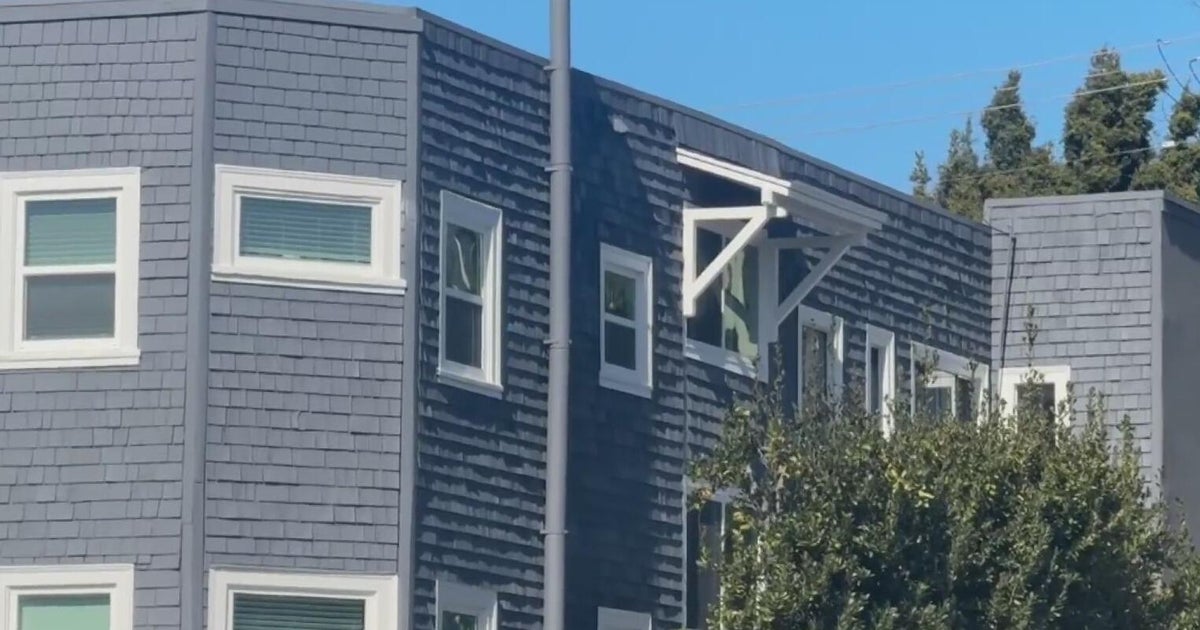Beto O'Rourke unveils plan to stem opioid abuse
Beto O'Rourke is calling for the creation of a $100 billion fund to support Americans struggling with substance abuse. It's part of a plan released Thursday aimed at ending the opioid epidemic and addressing substance abuse disorders.
His plan, according to the O'Rourke campaign, focuses on investments in raising public awareness and providing support for access to treatment leading to long-term recovery. These efforts would especially be geared to at-risk populations.
Drug overdoses cause an alarming number of deaths in America — over 70,000 deaths in 2017, according to the Centers for Disease Control. O'Rourke intends to highlight his plan Thursday at an event at the Iowa Harm Reduction Coalition Clinic in Cedar Rapids, Iowa.
"We're going to make sure that anyone with a substance use disorder gets the help that they need (and) are not treated as a problem for the criminal justice system, but an opportunity for the public health system." O'Rourke told CBS News Wednesday.
Funding for the $100 billion plan would come from "an increase in the Affordable Care Act's Branded Prescription Drug Fee." The fee is currently projected to raise $27 billion over 10 years. In terms of comparable spending in the current federal budget, the figure is on par with the total amount spent on all veterans' programs in 2018 — $101 billion, according to the Congressional Budget Office.
To receive money from the fund, states would "be required to develop comprehensive, multi-year plans to prevent, intervene, and support long-term recovery efforts related to substance use disorder and opioid use disorder, while rigorously evaluating the effectiveness of these plans and programs." The money would be allocated based on need.
The plan also includes measures to target the supply chain of some of these lethal drugs. An aspect of this goal includes putting pressure on China to stem the flow of drugs like fentanyl into the U.S. According to the CDC, fentanyl is 50 times stronger than heroin. O'Rourke would ensure that the U.S. Postal Service and the U.S. Customs and Border Patrol have the resources required to monitor packages coming from China.
O'Rourke also plans to prevent overdoses by expanding access to medication-assisted recovery. This could include eliminating barriers to drugs like buprenorphine, methadone and suboxone. As president, O'Rourke would ensure enforcement of the Mental Health Parity Act and Addiction Equity Act, which would prevent insurance companies from discriminating against those with mental health or substance use disorders.
The plan also calls for federal support for individuals transitioning back into their communities. O'Rourke's plan would create 5 million paid apprenticeships over ten years. Americans eligible for these training programs include "Americans recovering from substance use disorder, opioid use disorder, and alcohol use disorder."
O'Rourke is also calling for stricter government regulation and oversight over pharmaceutical companies. O'Rourke wants to require company leaders to ensure "that their sales and marketing policies, procedures, and implementation complies with federal law and is not designed to oversell prescription drugs."



